Nation’s challenge: how to deliver on AUKUS
Next week in the US, Anthony Albanese will make the most consequential national security announcement of his prime ministership – revealing the agreed pathway for Australia to acquire nuclear-powered submarines.
The Prime Minister might puzzle at the twists and turns of politics that gave him responsibility for the biggest change to our defence capability in generations. Much broader than nuclear propulsion, the AUKUS technology-sharing agenda could potentially turn Australia into a leading strategic power in the Indo-Pacific.
Military power still underpins national capability and influence, even more so when globalisation is being picked apart in a cold war between authoritarian regimes and democracies. While on the surface AUKUS is about technology, its purpose is strategic. Its aim is to lift Australia from being a capable but mid-peloton military power to a country that, with Japan and the US, will shape the Indo-Pacific’s strategic balance.
The potential to lift Australia’s role as an influential strategic country was what persuaded Joe Biden to back AUKUS. I understand that, initially, Biden was not convinced. He agreed with many in the US Navy that sharing nuclear technology was too risky for America’s interests. Australia might not have the political gumption to handle nuclear propulsion, it was thought. Better the Aussies stick with conventionally powered submarines and less demanding strategic roles.
Biden’s advisers convinced him to agree to AUKUS on the basis that it would force Australia genuinely to step up to a leadership role in the Indo-Pacific.
Next week Albanese will lock Australia into the AUKUS pathway for nuclear propulsion and so-called pillar-two technologies including hypersonic weapons, quantum computing, undersea technology, long-range missiles and deeper cyber co-operation. Once that step is taken there is no going back to spending a modest 2 per cent of gross national product on defence, not without doing lasting damage to the US alliance.
Let’s be clear: Australia needs the alliance more than it needs nuclear-powered submarines. Damaging relations with France over subs was ugly but survivable. Failing on AUKUS would leave Washington concluding that Australia was a trivial country, not worth the alliance effort. We can use AUKUS or lose the alliance.
It’s not clear to me that the Canberra national security establishment has absorbed this reality. To paraphrase the Spider-Man movie franchise, with great nuclear power comes greater responsibilities. It will be impossible for future Australian governments to try to check out of a regional conflict should Beijing attack Taiwan. Not that we should want to do that. Our national interest as an Indo-Pacific democracy should be to back Taiwan to the hilt, just as we would want our allies to support us.
But there is a strong lobby in Canberra, in the Department of Foreign Affairs and Trade, the business community and around the political parties, that urges looking the other way when our strategic interest runs counter to deeper economic dependence on our “stabilised” China relationship. If the political and strategic implications of AUKUS aren’t that well appreciated in Canberra, one capital that understands the underlying significance of this cooperative effort is Beijing.
AUKUS rattles China. Xi Jinping stridently maintains that the US and its allies are declining powers, but the technology agreement shows that the world’s consequential democracies still have the capacity to rally together. The fact is, China cannot build trusted relationships. Beijing and Moscow are getting closer but it is not an equal partnership so much as an acknowledgment by Vladimir Putin that Xi has the overriding hand.
Achieving China’s unambiguous dominance in the Indo-Pacific is Xi’s goal. AUKUS, the revived Quadrilateral Security Dialogue and the strengthening and enlargement of NATO confound Beijing’s expectation that democratic countries ultimately will accept their subordinate status in China’s new world order.
This explains why China has worked so hard to undermine AUKUS internationally on the charge that Australia threatens nuclear weapons proliferation. No country is expanding its nuclear and conventional military arsenals faster than China.
So much for the strategic context. The challenge is to deliver quickly on AUKUS substance.
Next week’s announcement along with next month’s anticipated release of the Defence Strategic Review marks a turning point for Albanese’s government.
Up to now Labor’s approach to defence has been to stress bipartisanship while blaming the opposition for a decade-long dark age of non-delivery. Now comes the moment of truth. Albanese and Defence Minister Richard Marles must put in place the means to deliver real outcomes, not just plans and aspirations.
Almost nothing can be done to reduce the 1½ decades needed to design and build nuclear-powered submarines for Australia. The US and Britain have urgent demands for their own subs and cutting design time will add only more risk to final delivery. The reality is that nuclear-powered subs will arrive at best in the late 2030s. Albanese turned 60 this month. On the most optimistic assessment he will be 75 when the first Australian nuclear-powered submarine is launched and in his mid to late 80s before we will have the planned eight boats. Most of the future crew of the first boat will be reading Mr Men books today, assuming these publications haven’t been banned or rewritten yet.
For this decade, delivering on AUKUS means finding opportunities with the technologies delivered under pillar two, but what can be done quickly is unclear. Defence has thrown every possible staffing resource at nuclear propulsion. Hundreds of people are working in a submarine taskforce that has stripped significant talent away from other areas.
Delivery on pillar two has been handed to Defence’s deputy secretary for strategy, policy and industry. We may be about to be pleasantly surprised with some Albanese announcements, but more likely pillar two has not had the priority it needs and Defence has yet to identify technology programs that can be speedily turned into military capabilities. We have grown used to defence equipment announcements delivering all sizzle and no sausage. The signs are that neither government nor Defence is geared to the pace and intensity that delivering AUKUS will demand.
Reporting from the US suggests that congress, a vital gatekeeper on American technology sharing, has not been primed to allow more access for Australia and Britain. This is constantly written about as a problem that must be addressed, not something that was fixed as part of AUKUS preparations. Our own parliamentary system is woefully unskilled to give informed oversight on defence acquisition.
Unlike congress, only a few Australian MPs have more than a surface-level knowledge about military technology. This turns parliamentary hearings into glib exercises in political grandstanding rather than a partnership with government and Defence to promote Australia’s security.
Defence itself remains mired in a deep funk that the world is unfairly out to get the department and the response is to say as little as possible to explain its business. The approach will do nothing to sell the government’s astonishingly ambitious AUKUS and defence policy agenda.
All praise to Albanese and Marles for accepting that AUKUS is an essential step for Australia in these dark strategic times. But the reality is that Defence, parliament and the government are not ready for the job. The AUKUS race is bigger and more deadly serious than any of us anticipated, and the starter’s gun has just been fired.

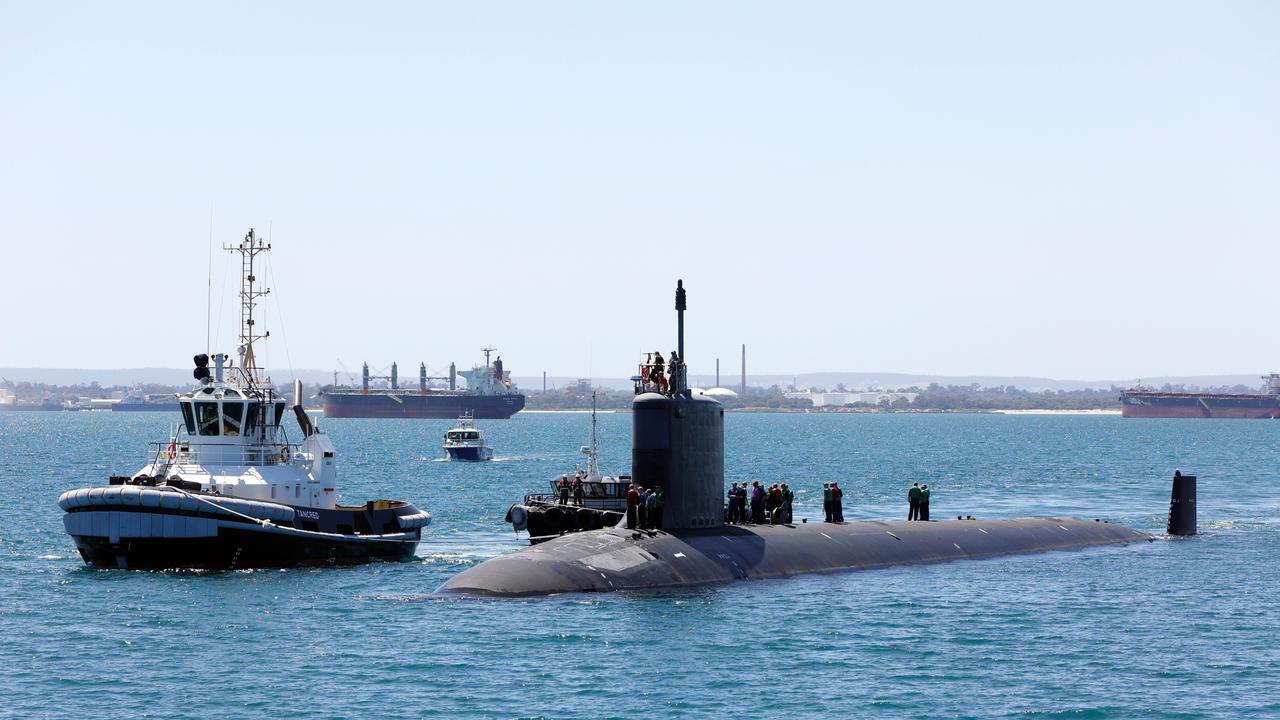

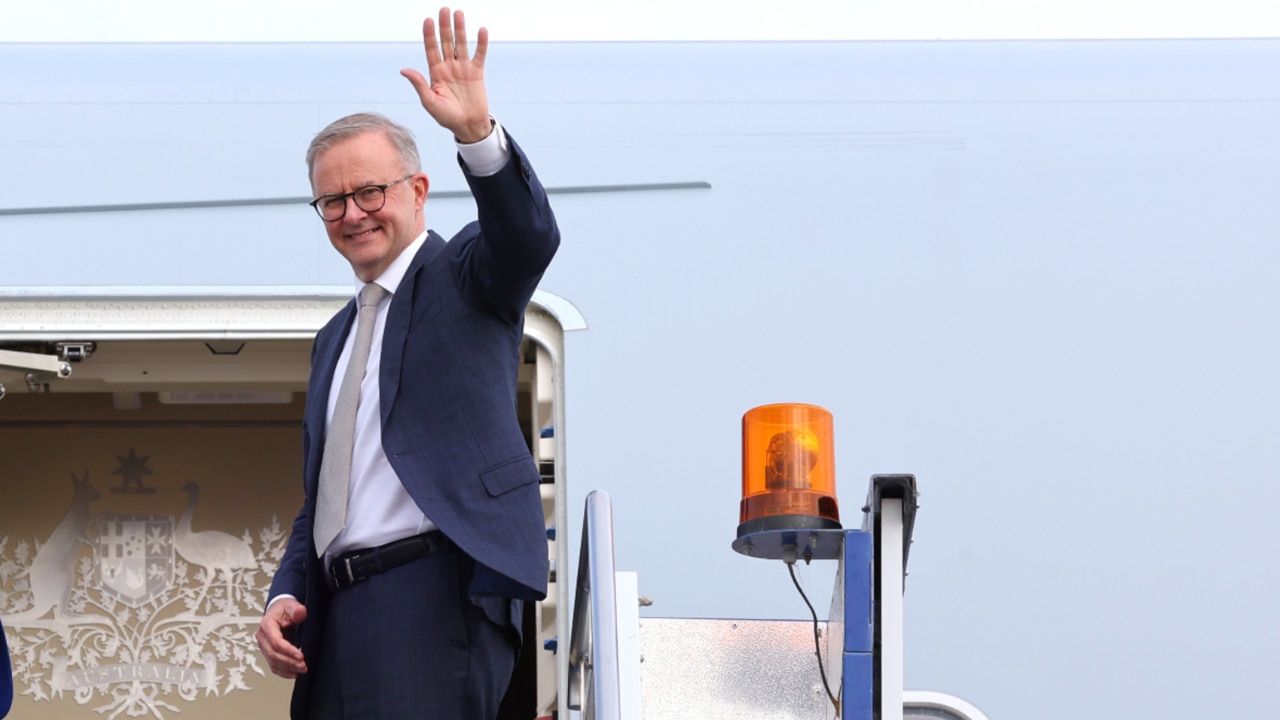
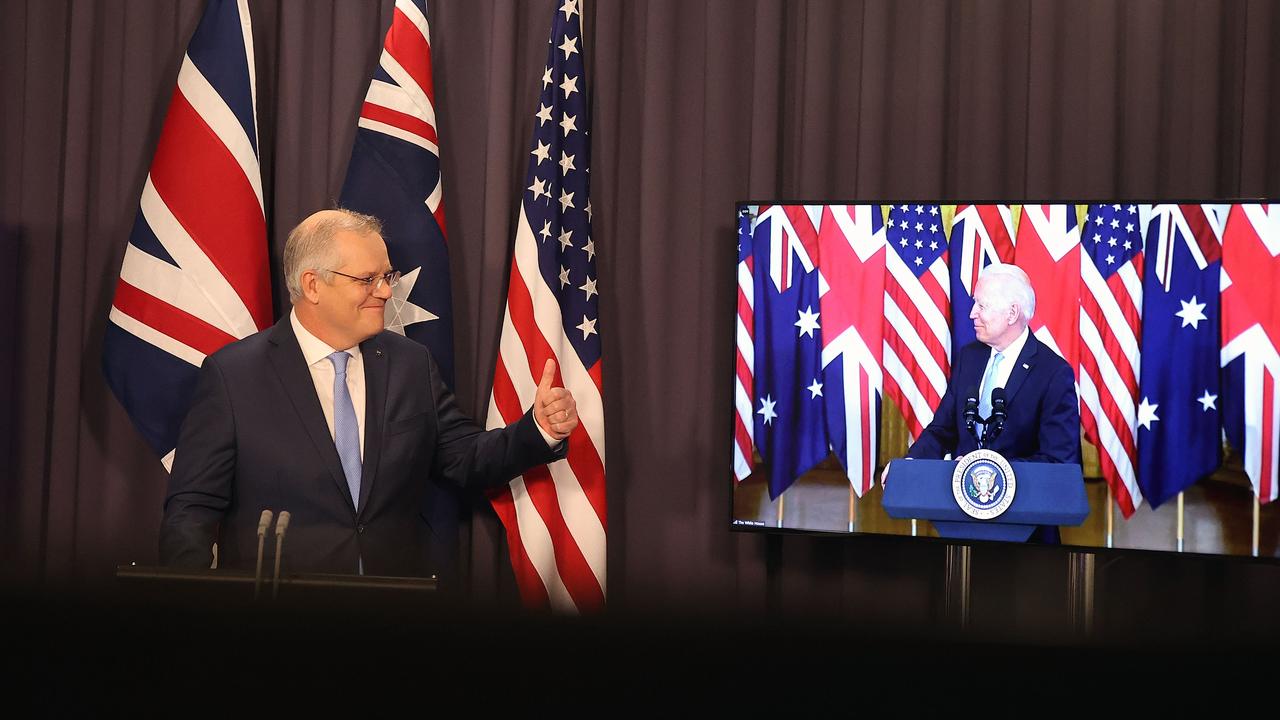
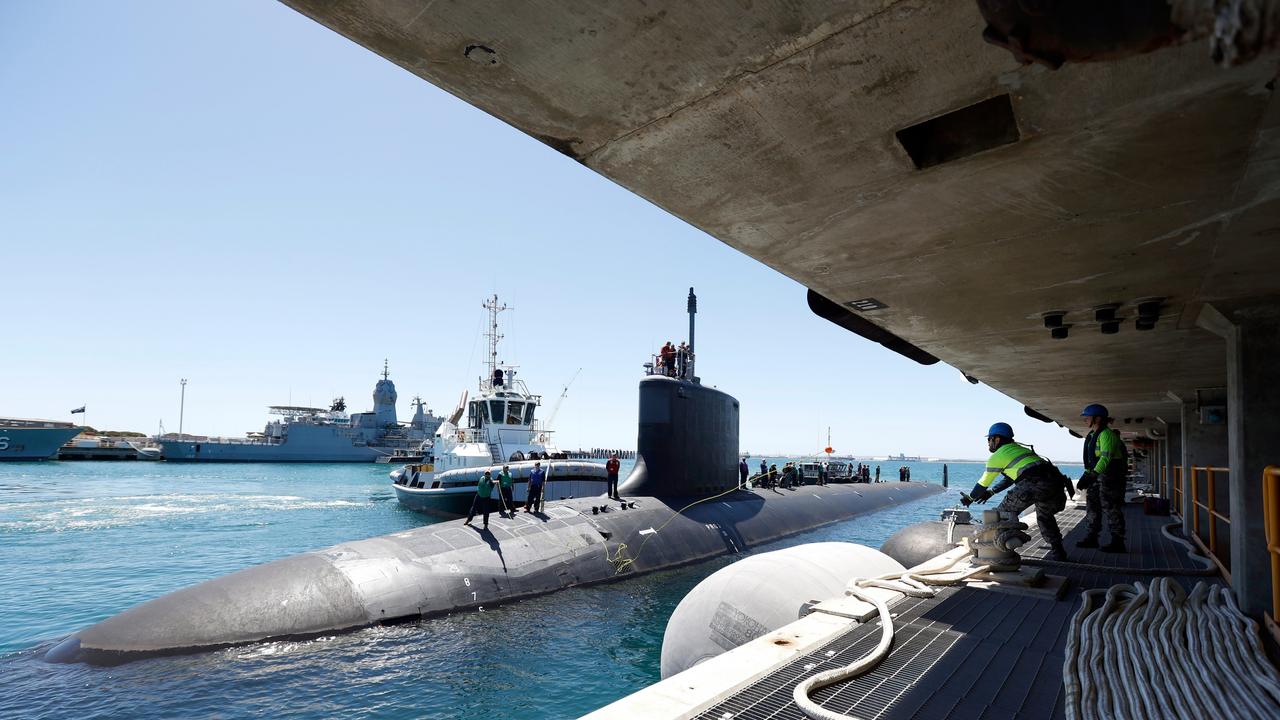
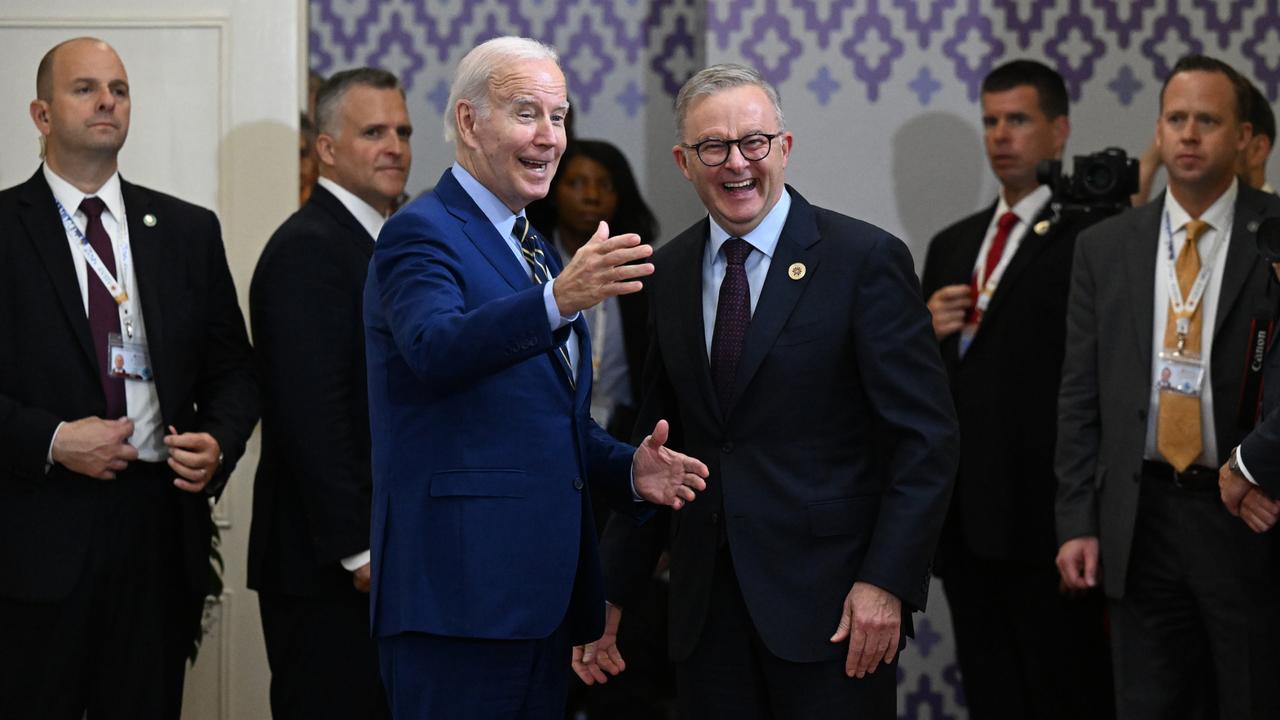
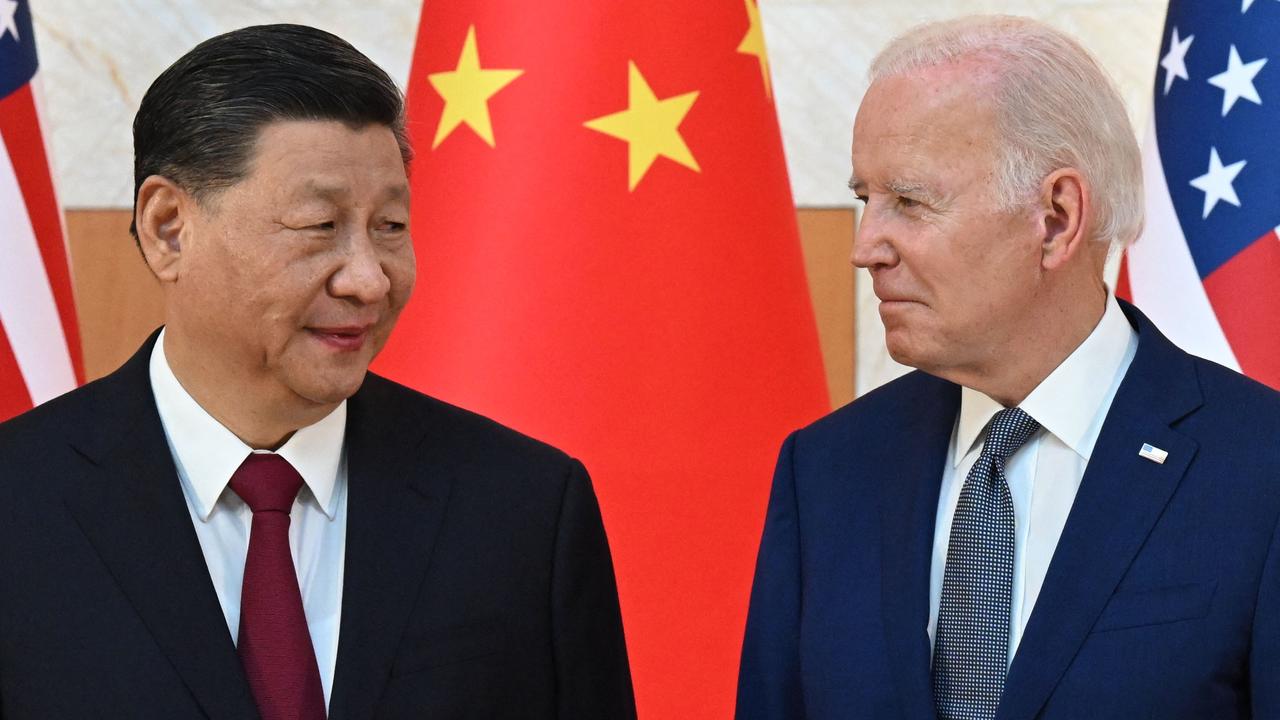
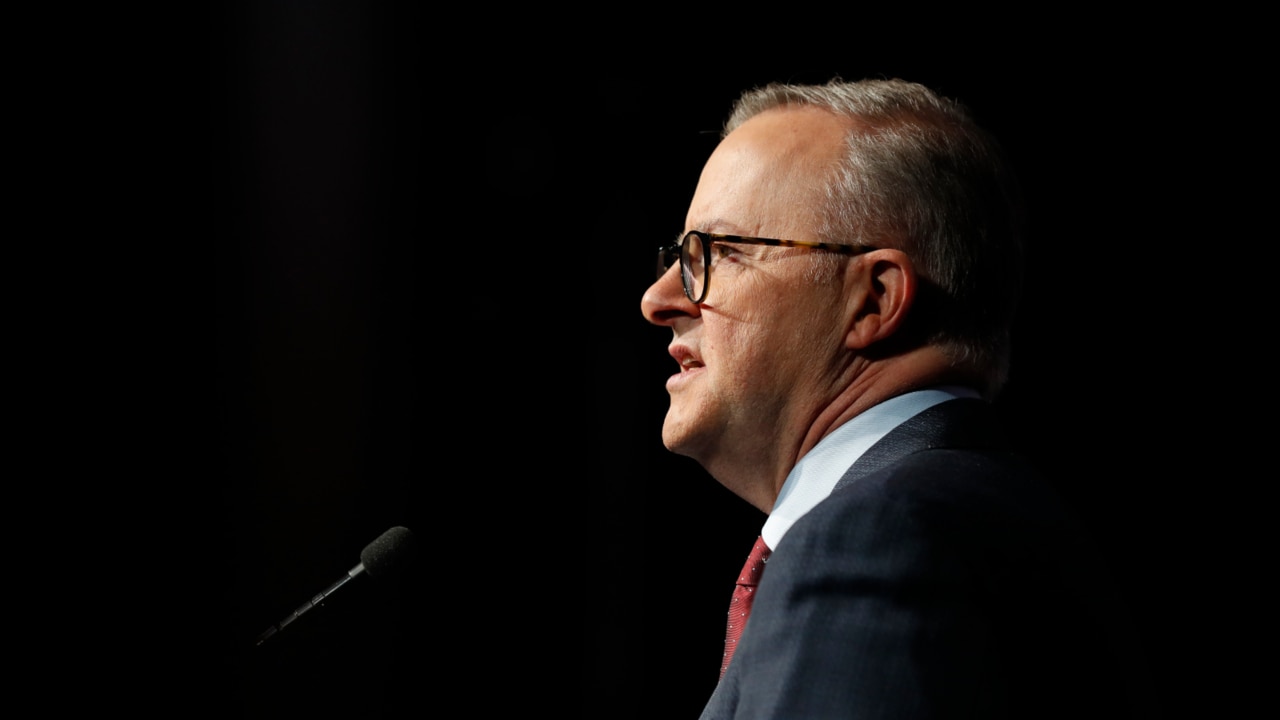
No comments:
Post a Comment